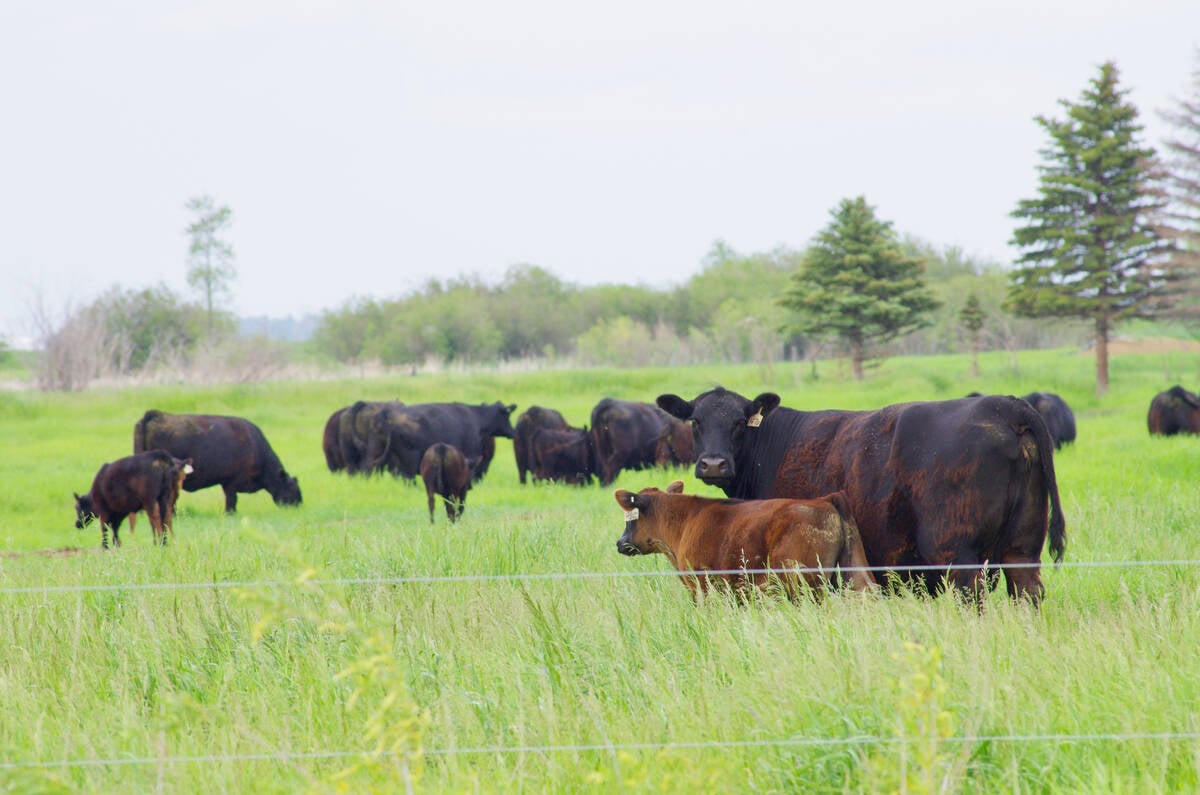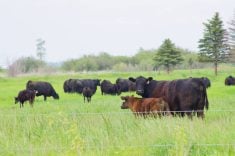Six months ago, Ottawa announced a government-guaranteed loan program for the sinking hog industry that agriculture minister Gerry Ritz predicted could make $800 million available to a cash-strapped sector.
From the beginning, critics argued the last thing the money-losing and heavily indebted hog industry needed was more debt, particularly since the first obligation of producers receiving loans was to pay off outstanding advance payment debt owed to the government.
Now, Ontario Pork director Curtiss Littlejohn says the Hog Industry Loan Loss Reserve Program promoted by the government as a bridge from losses to industry viability has been a bust.
Read Also

Tick research from the University of Manitoba focuses on insects and testing
Manitoba researchers are looking into the effects of tick and fly disease in cattle.
Industry figures to the beginning of February indicated that fewer than 120 producers had qualified for loans, although with an estimated $200 million committed, they were loans to large producers.
The 2008 advance payment program served 1,800 producers.
The deadline for applications for a new loan is March 1, 2010.
While the loans are government-guaranteed, the lender decides if the business plan is viable and if the producer is eligible for a loan at commercial interest rates plus normal banking charges.
With 8,000 hog producers still in business, the 120 who have qualified means that fewer than two percent of producers are benefitting from last year’s key hog industry support program.
“This program is not the bridge the government said it would be,” Littlejohn said in an interview. “The state of the industry continues to deteriorate and more producers are losing everything.”
He said increasing numbers of hog producers are agitating for a support program that incorporates a cost-of-production base.
“We still are selling at less than it costs to produce a hog,” said the Hamilton, Ont., area producer. “The government programs are not doing the job they were intended to do. We need some change.”
After a Feb. 5 federal-provincial agriculture ministers’ meeting in Toronto, federal minister Gerry Ritz offered little sympathy.
He suggested take-up of the loan offer, which depends on lenders accepting that the producer has a realistic business plan and repayment prospect, has been curtailed by farmers who want to see the market rebound.
He said private lenders have the interests of agriculture at heart and Ottawa will look at any worthy farm applicant who feels the program was unfair.
“We work on a case by case basis and if someone comes forward and says I tried to get a loan and it didn’t happen, we start to assess and analyze where it didn’t work,” said Ritz. “Having said that, there still are a number of producers in a wait-and-see attitude to ascertain where the market is going. We’re starting to see some good news from the weanling sector that will move up through in a positive way.”
But Ritz said lenders are doing their job.
Littlejohn said a key factor in the poor take-up of the loan program is that many farmers are nervous about more debt and bankers are reluctant to lend to operators who have not broken even for years.
“Banks are by nature risk averse and when you have applicants with four or six years of losses, they might not want to take that valued business on-board.”
















